Beef Herd Health and Quality Assurance
All Beef Herd Health and Quality Assurance Content
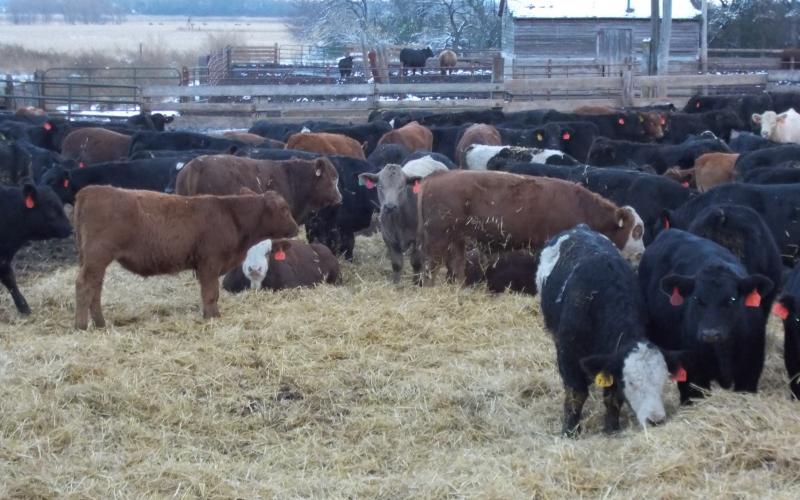
Managing Cattle Through Winter Weather Conditions
Winter weather conditions often present challenges to cattle managers in the Northern Plains. Although we can’t alter the weather, there are management steps that can be taken to help maintain cattle health and performance.
Dealing With Snowstorms for Cattle on Winter Range
Ranchers with cattle on winter pastures have a few management strategies to help them cope with the large snowstorms throughout the state.
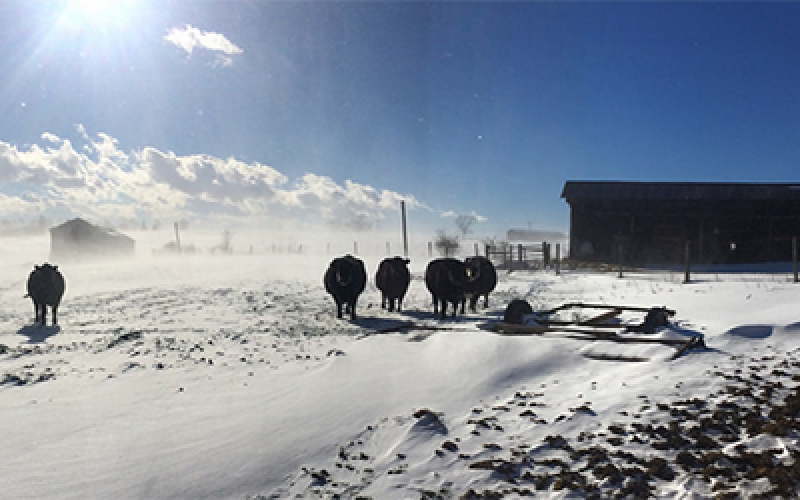
How Does Cold Stress Affect the Energy Needs of Cattle?
Most beef producers understand that when the weather gets colder their cattle need more energy for maintenance. The questions are when do cattle start experiencing cold stress and then how much more energy do they need? Both the actual temperature and the wind speed interact to determine the effective temperature.
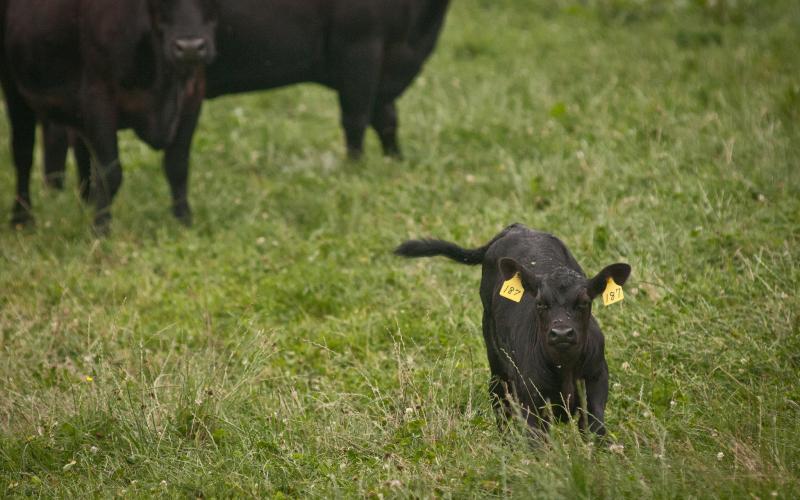
Calf Implants: Use/Don’t Use At Grass Time?
While the performance benefits of implanting calves through the suckling phase is well documented, many cattlemen choose not to employ this management practice in their operations.
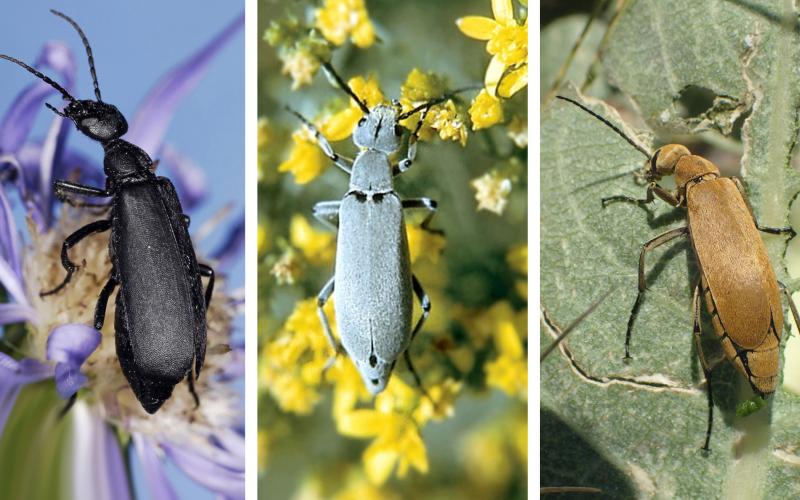
Check Alfalfa for Blister Beetle Activity
Blister beetles are becoming more common as we progress through the growing season. Recently, there have been multiple reports of blister beetles showing up in alfalfa fields.
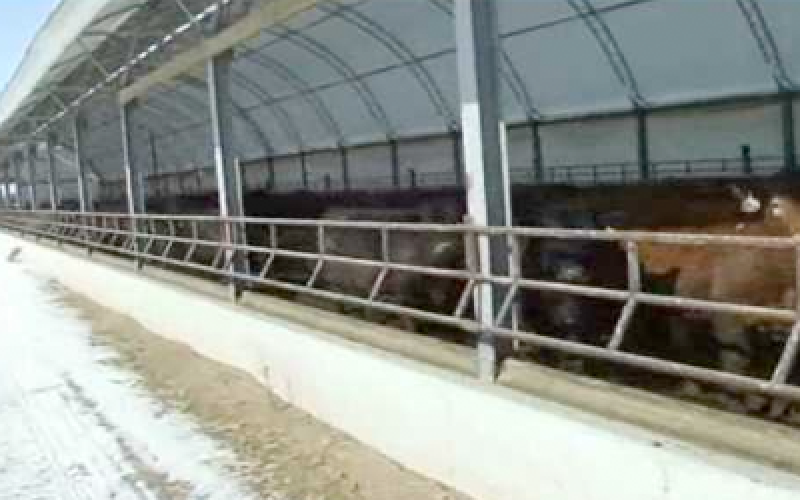
Are You Moving Enough Air in Your Calving Barn? Part 3: Ventilation requirements
Appropriate environments for calving barns are critical to give calves the best start when being born in cold weather. Calves require a dry, clean environment, with lots of fresh air and protection from the wind. A dry and clean environment is critical to avoid transmission of both scours and respiratory disease organisms, and this is primarily accomplished by providing clean bedding and proper ventilation.
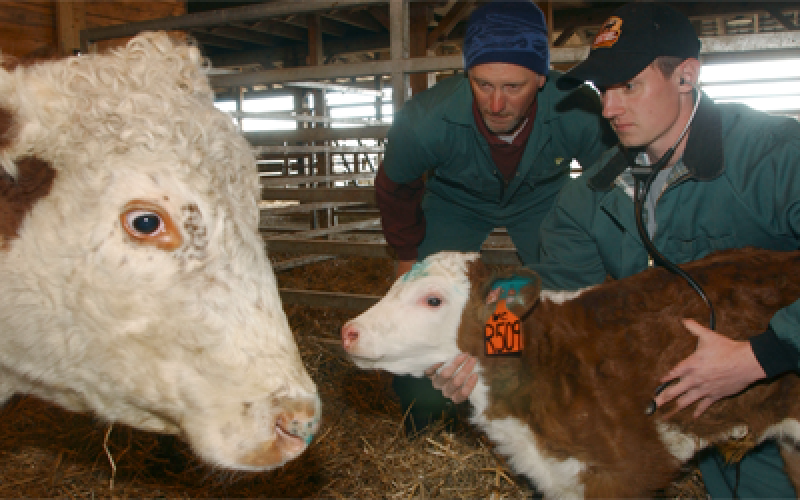
Are You Moving Enough Air in Your Calving Barn? Part 2: Effects of ineffective winter ventilation
High humidity, moisture, and increased levels of air contaminants due to ineffective ventilation can lead to significant health issues in our animals. This is especially of concern to our most sensitive sub-population, newborns and the very young. Even calves that receive adequate colostrum and a good nutritional start to life will have health challenges if they live in highly contaminated environments.
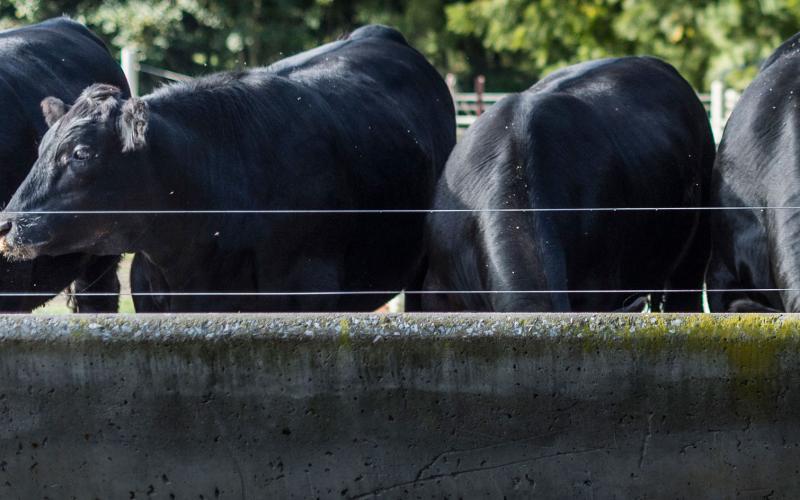
Feedlot Pen Maintenance Allows Cattle to Walk Easier
Beef feedlot operations are faced with daily tasks of managing feed and cattle inventory, animal health, labor, operational activities and marketing of the resident cattle in the yards. No less important are details to manage the feedlot environment and facilities.
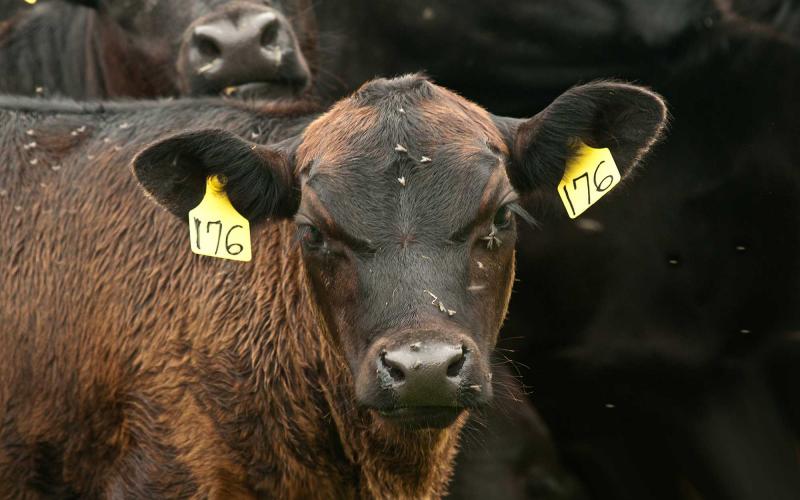
Summer Fly Control in Feedlots
Just as longer days mark the beginning of summer, so does the arrival of increased number of flies in feedlots. Flies are not only are an annoyance, they can reduce performance and worsen heat stress. Successful control strategies start with sanitation.
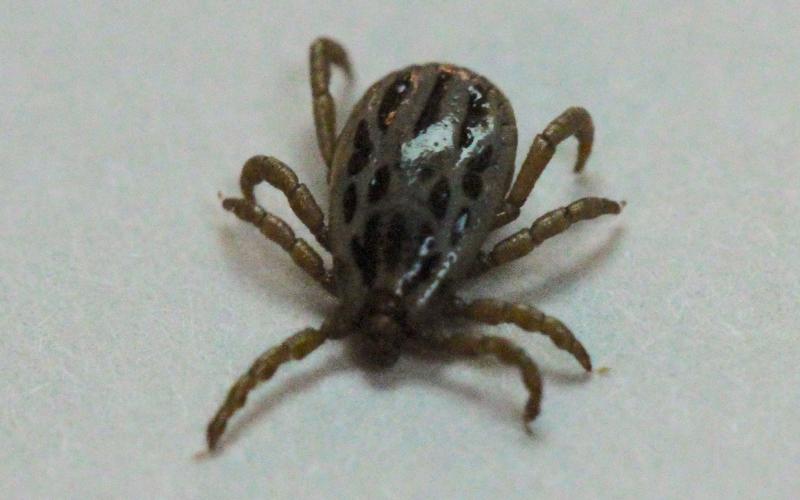
Winter Ticks in South Dakota
Winter ticks, also called moose ticks, are unlike other tick species because they are active during the winter months.